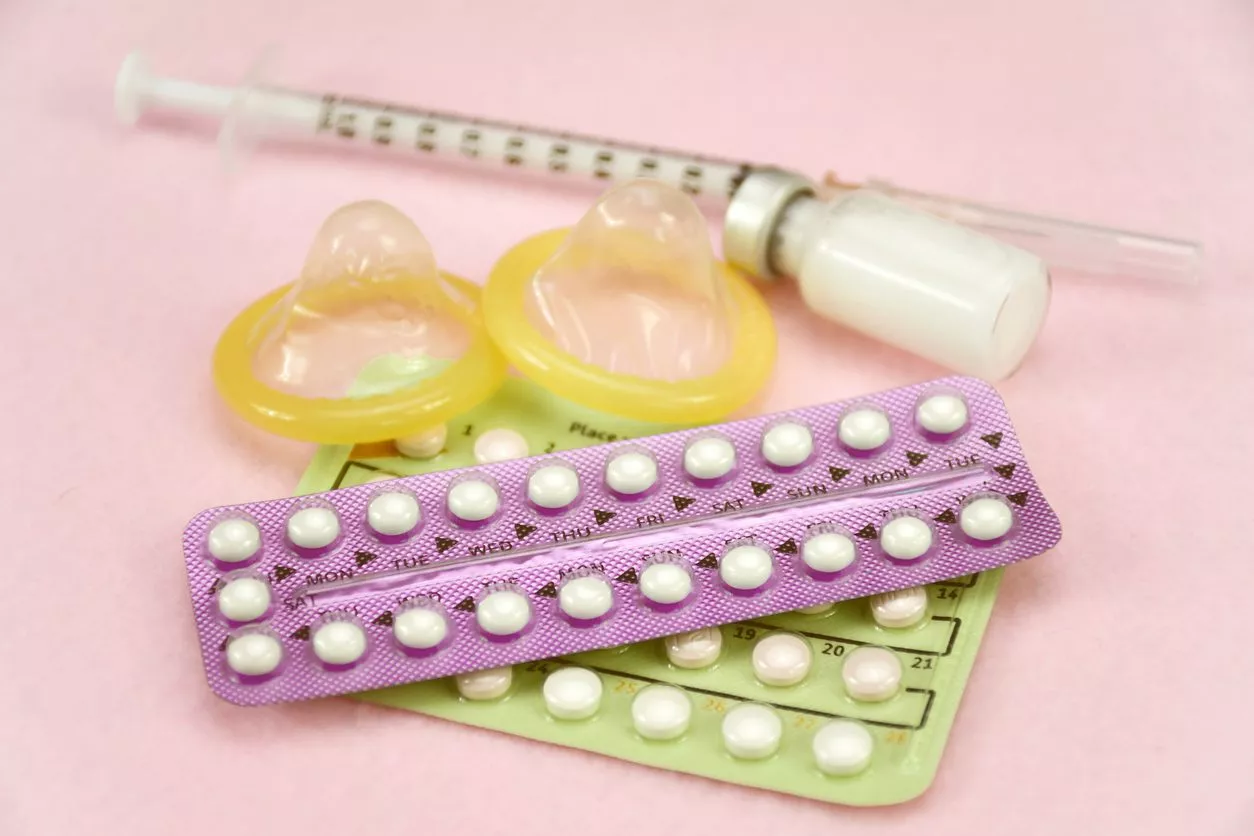In the United States, nearly 50 million women between 15-49 years old used birth control last year. So, does taking the birth control pill (BCP) or other contraceptives from an early age affect fertility later? We get this question often and wanted to take a minute to address misconceptions and provide detailed information on this topic!
How Birth Control affects fertility while on it
Birth control pills introduce additional hormones into the body that stop ovulation and pregnancy from occurring. When a woman stops taking birth control pills, it takes a few months for ovulation to return to normal, but most women can become pregnant within 6 months of trying. There have been no studies showing that birth control pills cause infertility long-term.
Outside of stopping pregnancy, the birth control pill is commonly used to regulate symptoms of PCOS in young girls and women, as the additional hormones regulate the menstrual cycle, manage hormonal acne and hair growth, and minimizes weight gain.
Are there any long-term effects of taking BCPs?
The majority of research and sources have come to the conclusion that there are no long-term effects of birth control. However, after the age of 35 taking the pill for an extended period of time has shown to cause an increased risk for certain health risks like blood clots which can cause long-term damage to the body.
Do other female contraceptions have long-term effects?
Birth control pills are only one form of contraceptive available for women looking to prevent pregnancy. In recent years, many women have chosen longer-term methods of birth control, like the Depo-Provera shot or an IUD for their convenience and ease.
Getting pregnant after having had “the birth control shot” can take much longer than the pill — sometimes up to two years, as the body gets rid of the hormone stores that prevent ovulation. If you are over 35, we suggest seeking fertility assistance to check hormone levels and determine if you need additional assistance to conceive after stopping Depo-Provera.
IUDs on the other hand have been shown to have less of a long-term effect. A 2015 study investigated a small sample of women who did and did not use an IUD which found similar rates of pregnancy 12 months after the removal of the device. Most women begin to ovulate regularly within a month of IUD removal making it one of the easiest contraceptives to conceive after stopping.
What to keep in mind…
Overall, research shows no significant long-term impacts on fertility or health after using birth control! Contraceptives are a great resource for those looking to wait to conceive. You can ask your local OB/GYN or family health provider which form of birth control is best for you.
Why New Hope?
New Hope Fertility Center is home to world-renowned fertility specialists. We custom design fertility treatments for the individual to increase the chances of a successful pregnancy. Our specialists believe in putting the patient first and being with them through every step of the fertility journey. Our team is well versed in helping women of all ages reach their fertility goals and we are passionate about educating, and supporting our patients throughout their journey. If you want compassionate fertility care, New Hope is the right place for you. Call us at (347) 970-8479 or schedule your initial consultation today!

